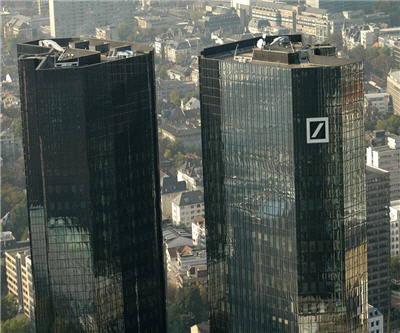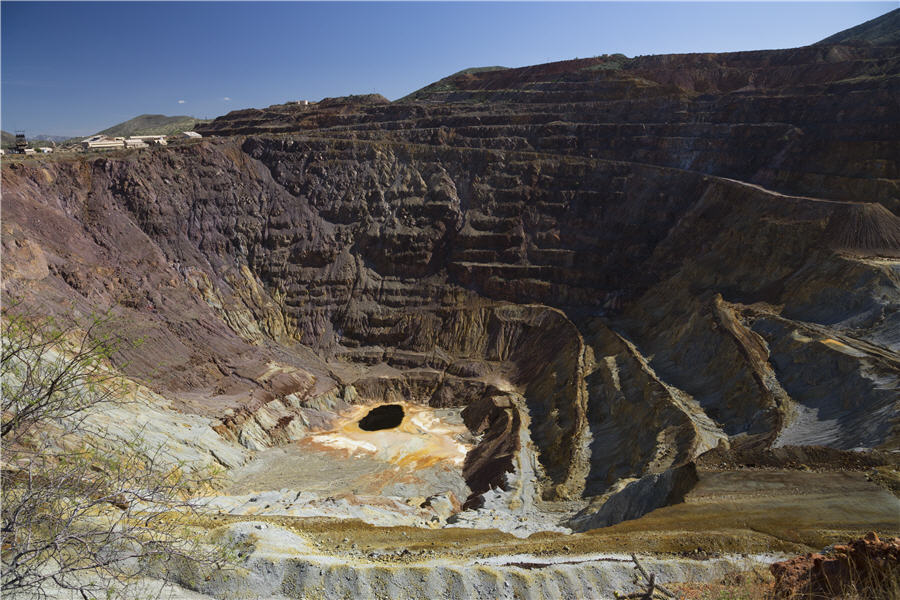Another big bank pulls out of commodities

Deutsche Bank, Europe’s second largest bank, has joined the exodus and is getting out of the commodities business.
FT.com reports the German bank will lay off 200 employees as it exits trading in energy, agriculture, base metals and dry bulk cargoes over the next two years. The Frankfurt-based lender will keep its trading divisions in financial derivatives and precious metals, however.
Since the US Federal Reserve determined in 2003 that certain commodity activities are “complementary” to financial activities and therefore permissible to Wall Street bankers, many jumped at the chance, but that tide is now turning.
Morgan Stanley, Goldman Sachs, and JPMorgan moved aggressively into everything to do with physical commodities including mining, processing, transportation, warehousing and trading.
Revenues for the investment banks from the sector surged to $15 billion at the peak of the cycle, but has now fallen back dramatically in line with a retreat in metal and mineral prices.
JPMorgan is looking at selling its physical commodities which included metal warehousing unit, while Morgan Stanley has cut back on commodities operations and staff.
UK bank Barclays has reduced its presence, while other banks including France’s Crédit Agricole and Swiss-based UBS have all but closed their commodities businesses.
{{ commodity.name }}
{{ post.title }}
{{ post.date }}




Comments
Duff Ramsey
Just like governments getting into functions where they don’t have competency (like medicine and oil), banks have a long history of going outside their core skill sets to chase high profits. It usually does not end well (sup-prime mortgages anyone?).